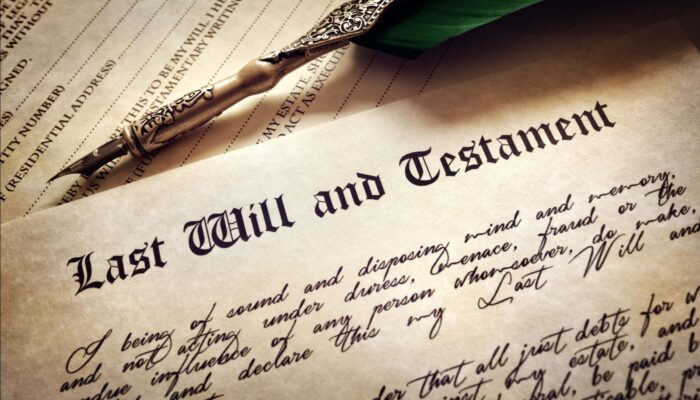Inheritance, Bankruptcy and Chapter 13
The mysterious interplay between Sections 541 and 1306 of the Bankruptcy Code
In bankruptcy, do inheritances go to the debts, or can the debtor keep them? Does timing matter? What about Chapter 7 vs 13? What happens when someone in a Chapter 13 bankruptcy receives an inheritance after confirmation?
It all depends on the chapter, and when the debtor got the interest. Not the money interest, but the property interest.
Let’s break it down.





